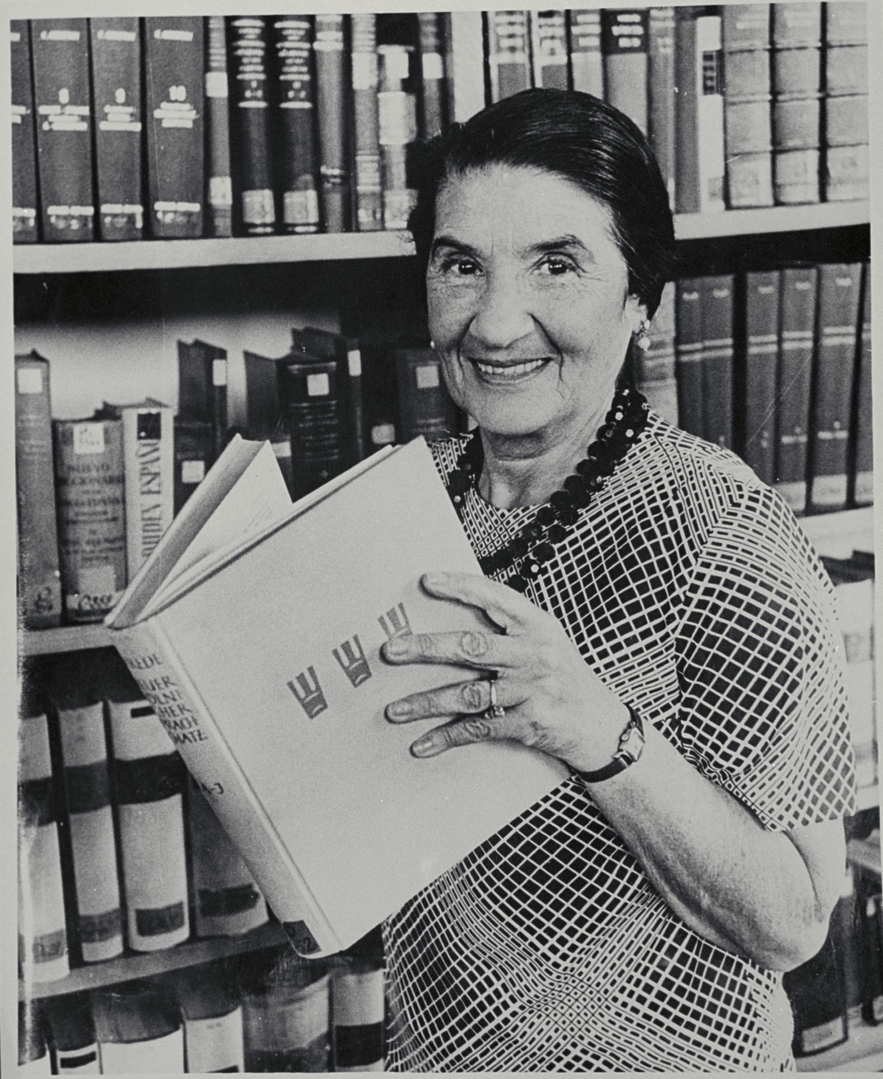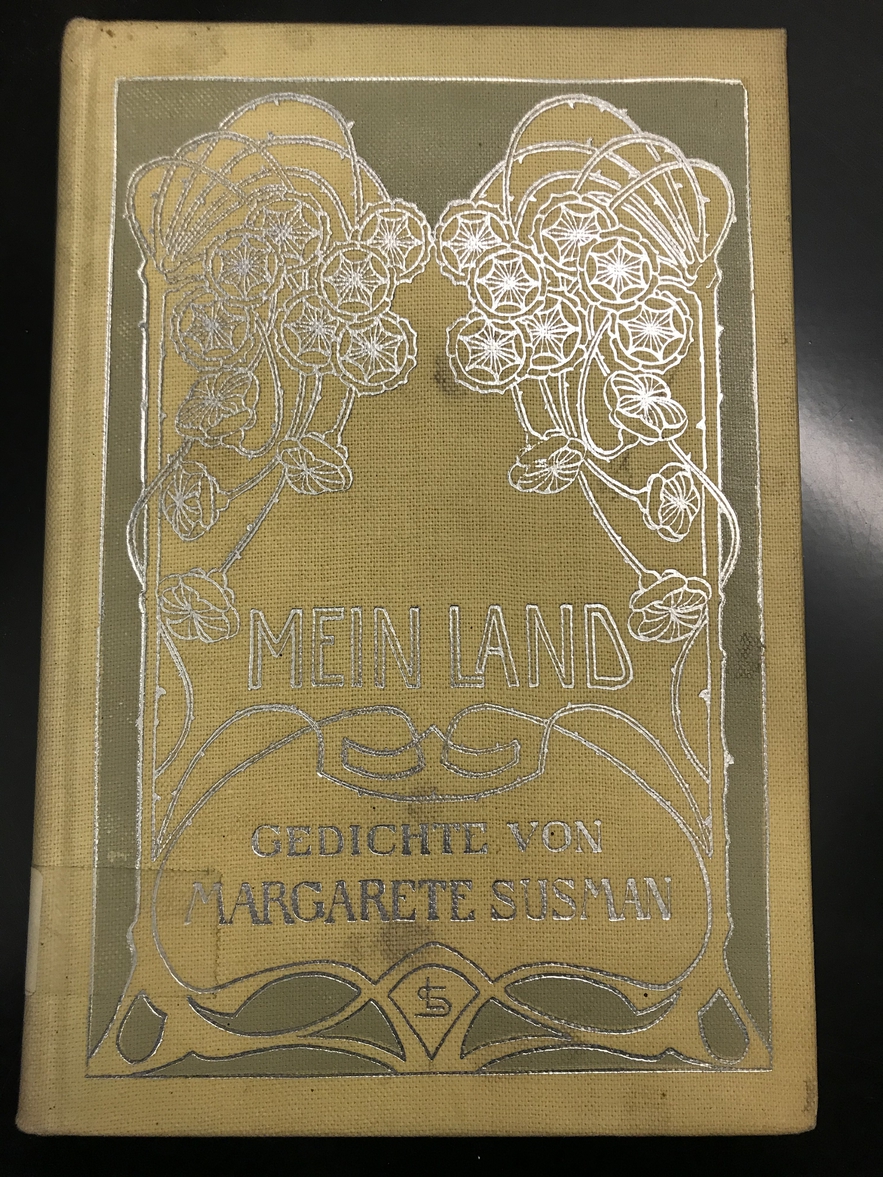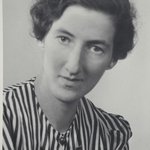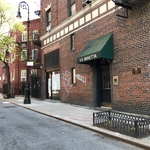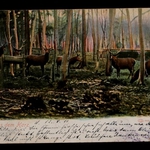Poetry in Preservation
Exploring the Legacy of Jewish Poets in LBI's Collection
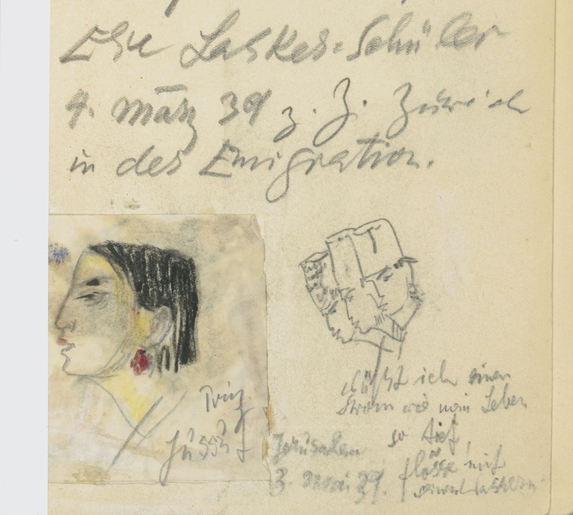
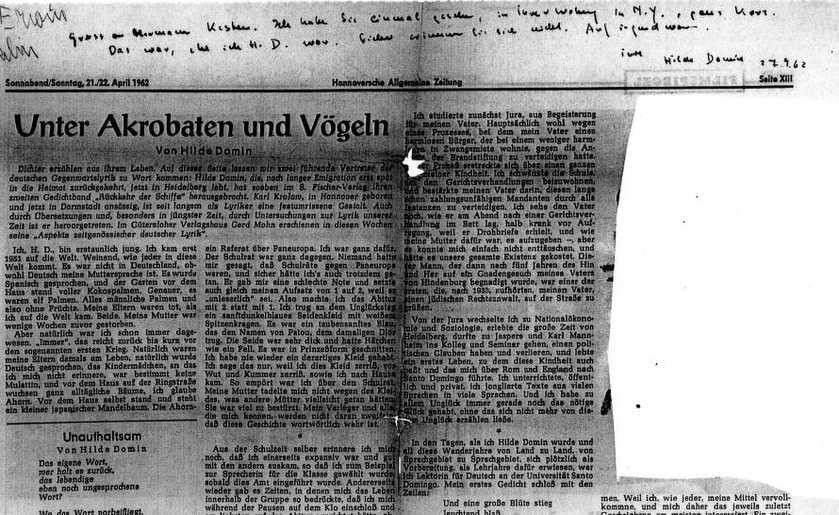
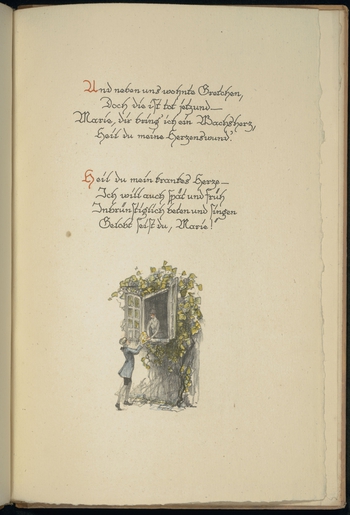
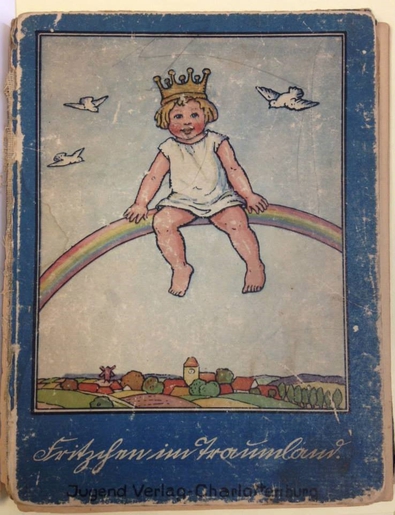
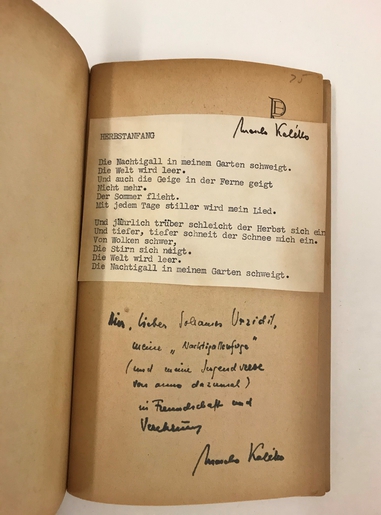
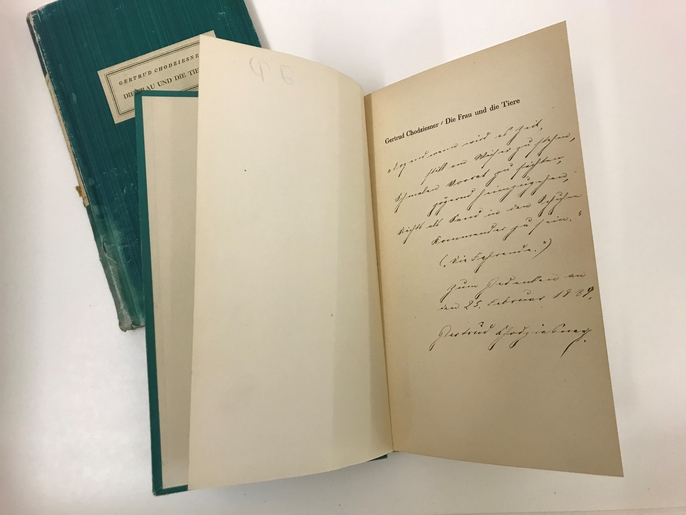
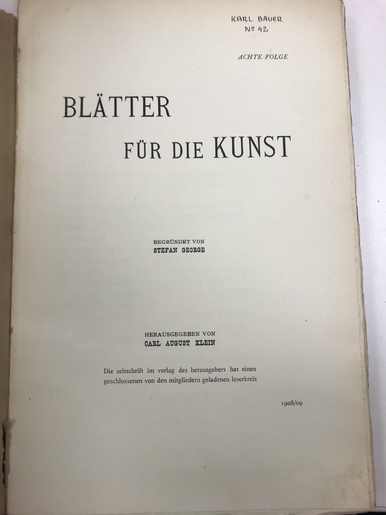
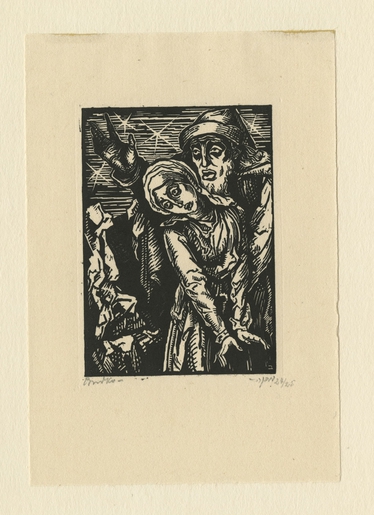
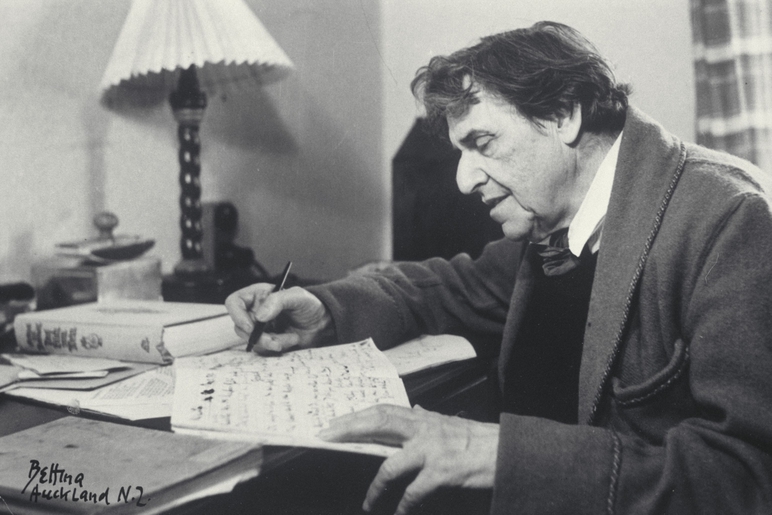
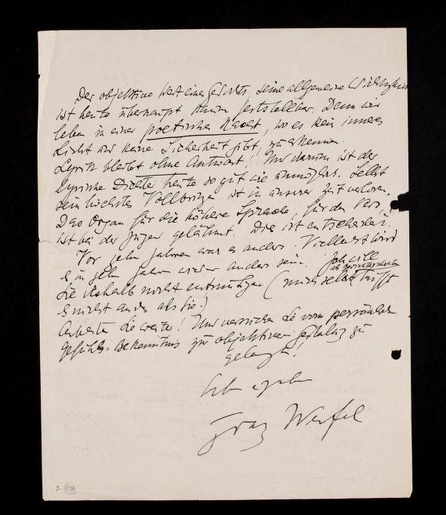
“Das küßte mich auf deutsch und sprach auf deutsch….” (It kissed me in German and spoke in German….). -Heinrich Heine, In der Fremde
The Leo Baeck Institute has numerous collections and books that contain poems and information about the lives of poets. This includes people who achieved great fame during their lives as poets, as well as people who wrote poems in their personal journals, or sent poems in letters to friends and relatives.
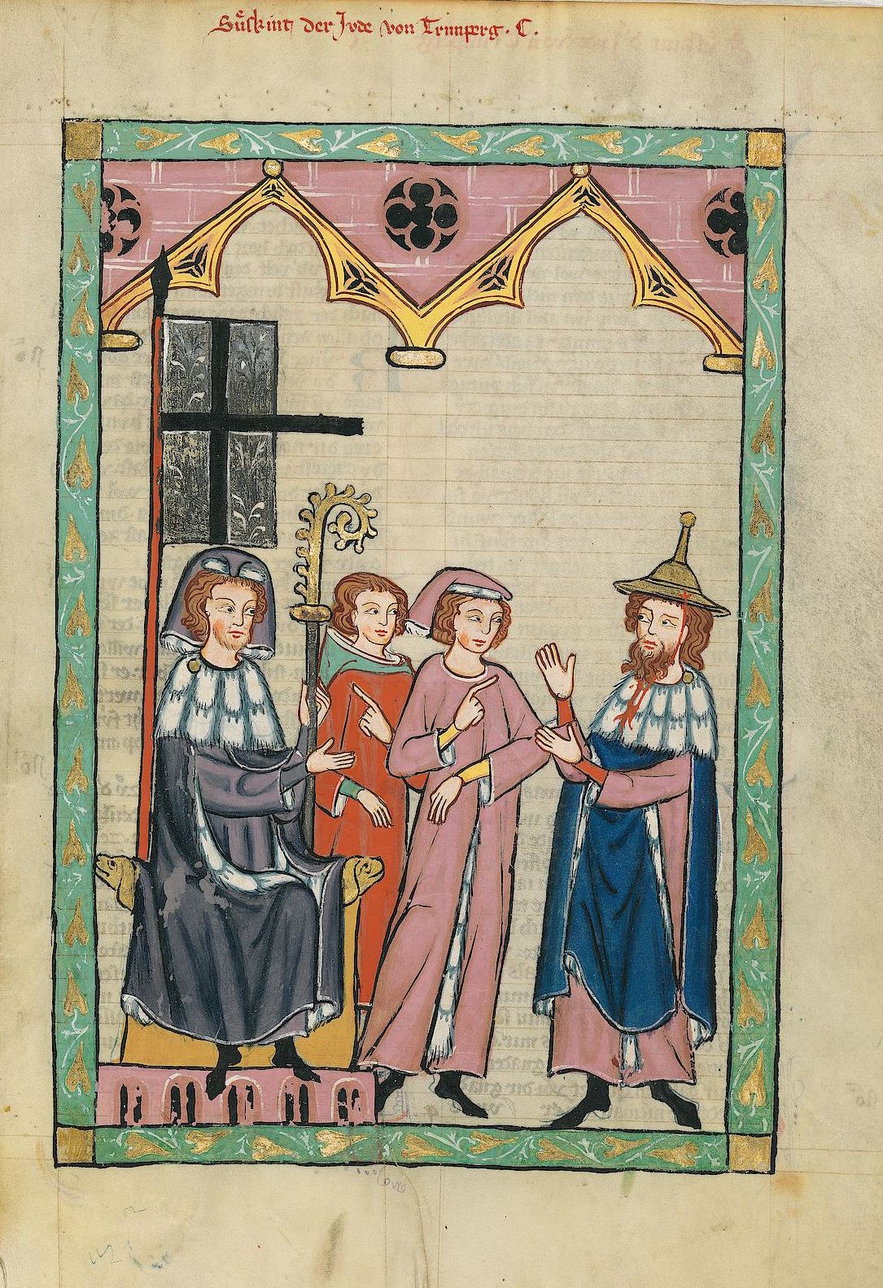
The first known Jewish poetry in Central Europe can be found in religious texts, psalms and prayers. It is six poems dating from the second half of the 13th century that are possibly the earliest poetry authored by a Jew outside of religious texts. This was a medieval troubadour named Süsskind von Trimberg. Biographical facts about him are sparing, but Süsskind is a name that seems only used by Jews at the time, and some of the poetry seems to hint towards Jewish life and customs. In the 16th century we find the first female Jewish poet to write poetry in German, Rachel Akerman (1522–1544), with her poem titled "Geheimniss des Hofes" (The Mystery of the Courts), in which she described the intrigues of courtiers.
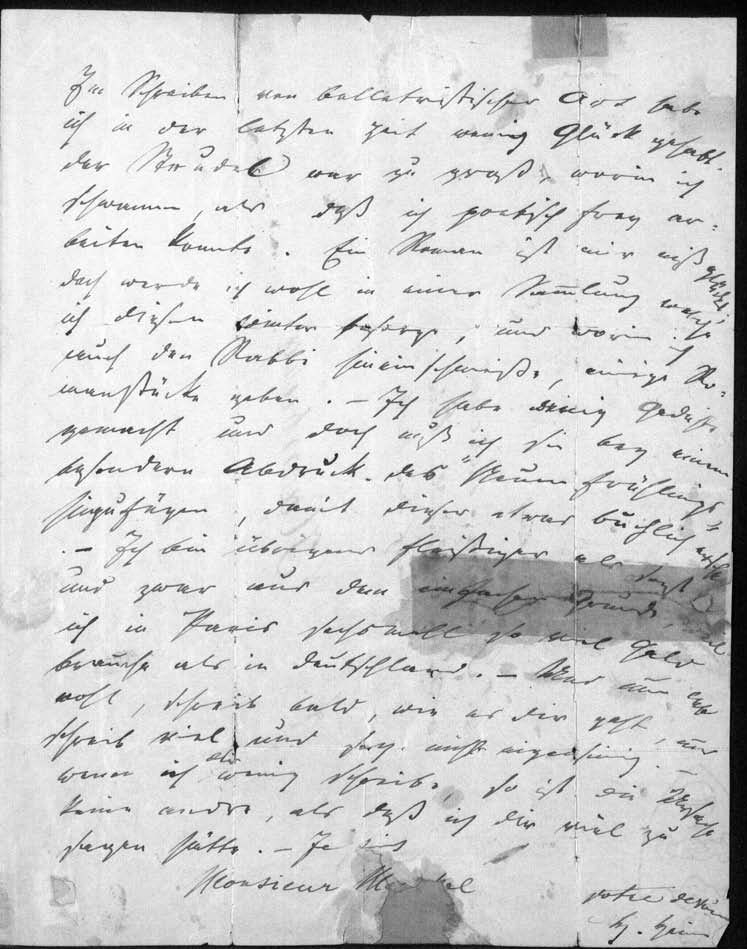
As German-speaking Jewish culture passed through the Enlightenment and then Romantic period, a time of increasing acculturation of Jews into German society, many great poets emerged. Among them was Heinrich Heine, perhaps best known because such a large amount of his poetry was set to music. Through the late 19th century an increasing number of Jewish poets emerge in Germany and Austria. Literary circles that included Jewish poets sprang up in Berlin, Vienna, and other German-language cities, as well as developed among the German-speaking community in Prague and elsewhere in Bohemia, as well as in the Austrian provincial capital of Czernowitz, today Chernivtsi in Ukraine.
The first decades of the 20th century gave birth to various genres. There was the poetry of World War I, often written by those serving on the battlefront. and then the poetry of post-war Europe, which in Germany meant the culture of the Weimar Republic with its challenges to old structures and orders, including in poetry and other forms of literature. There was also, from the end of the 19th century, Expressionism, of which Else Lasker-Schüler serves as a good example, in her poems inhabiting ancient landscapes as well as her own inner fantasies, all while switching personas and genders with ease.
The end of the First World War in Germany meant the advent of the Weimar Republic, a new society that challenged old structures and orders, including in literature. Poetry moved into more extreme modes of expressionism, as well as into absurdism, while more traditional styles survived but were in many cases formed into new shapes on the page and in language. Through all the developments in poetry, many also continued to hold on fast to the German tradition celebrated in the 19th century, influenced by the lyrical, mystical style of Rainer Maria Rilke, who stepped carefully in his work on the line between Romanticism and Expressionism. The poet Ilse Blumenthal-Weiss, who later worked as a librarian at the Leo Baeck Institute in New York, is one example.
A number of Jewish poets were members of a the "George-Kreis," an elite circle of intellectuals and authors who were followers of the cult-like poet Stefan George. Members of George's circle published in his Blätter für die Kunst("Leaves for Art"). Jewish contributors included Karl Wolfskehl, Margarete Sussman, Erich von Kahler, Gertrud Kantorowicz, Georg Simmel, and others. Stefan George is a controversial figure, in part because he was also followed by members of the Nazi party, in particular Joseph Goebbels. Many of the Jewish members of the George-Kreis remained in friendship and their correspondence with each other can often be found in the Archives.
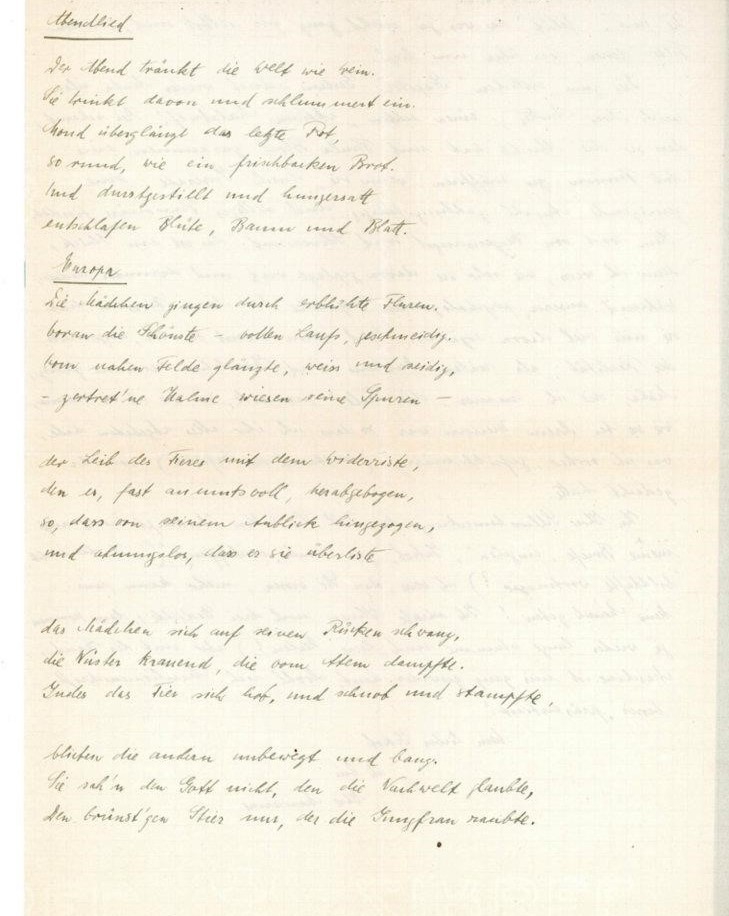
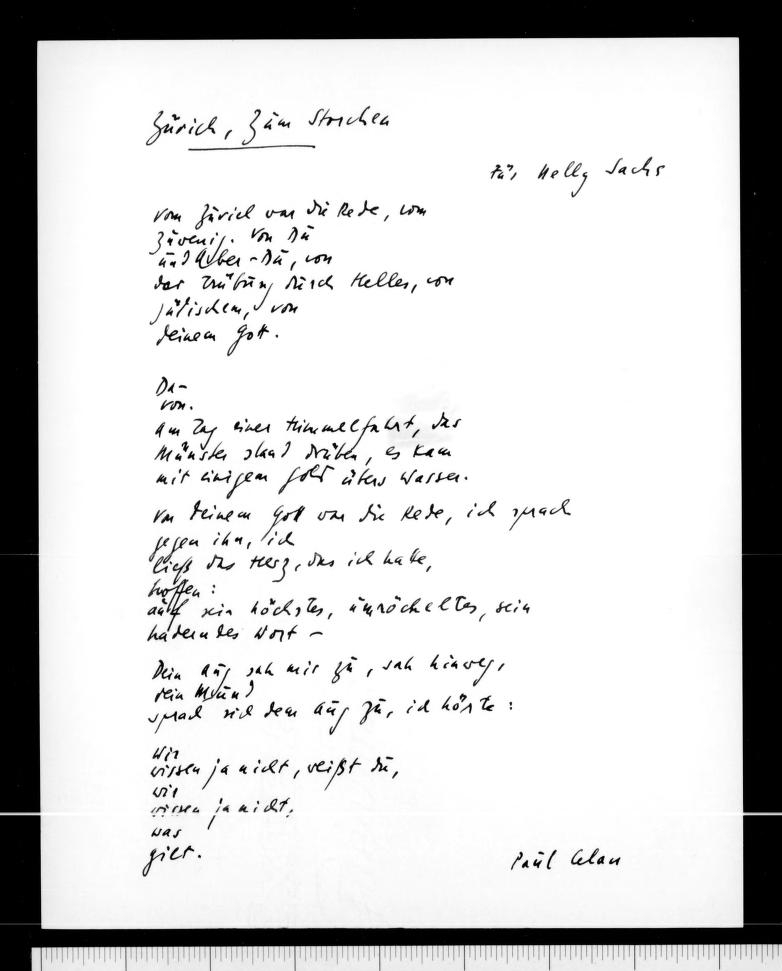
Poetry was produced during the Nazi years, the Holocaust, and after. Such figures as Gertrud Kolmar and Marianne Rein, victims of the Nazis, live on through the poetry they left behind for us. Paul Celan and Nelly Sachs, both lauded poets after the war, tackled the Shoah in their writing – Celan as a survivor of concentration camps, Sachs as a young woman who had fled to Sweden, and now in her poetry mourned those unable to escape. Her work in literature earned in the Noble Prize in 1966.
One poet whose literary carrier began after the Holocaust was Ruth Weiss (1928-2020), an Austrian-Jewish refugee who was friends with Jack Kerouac and hitchhiked across America. Part of the Beat movement, Ruth Weiss (known by her lowercase name ruth weiss) was considered groundbreaking for her work in performance poetry. Raised in a Jewish family in Vienna's IX district, Ruth wrote in an Austrian Heritage Collection questionnaire in 2004 that she considered herself on a spiritual path with poetry as her guide. See the video below to watch Ruth Weiss perform live at the San Francisco Public Library.
